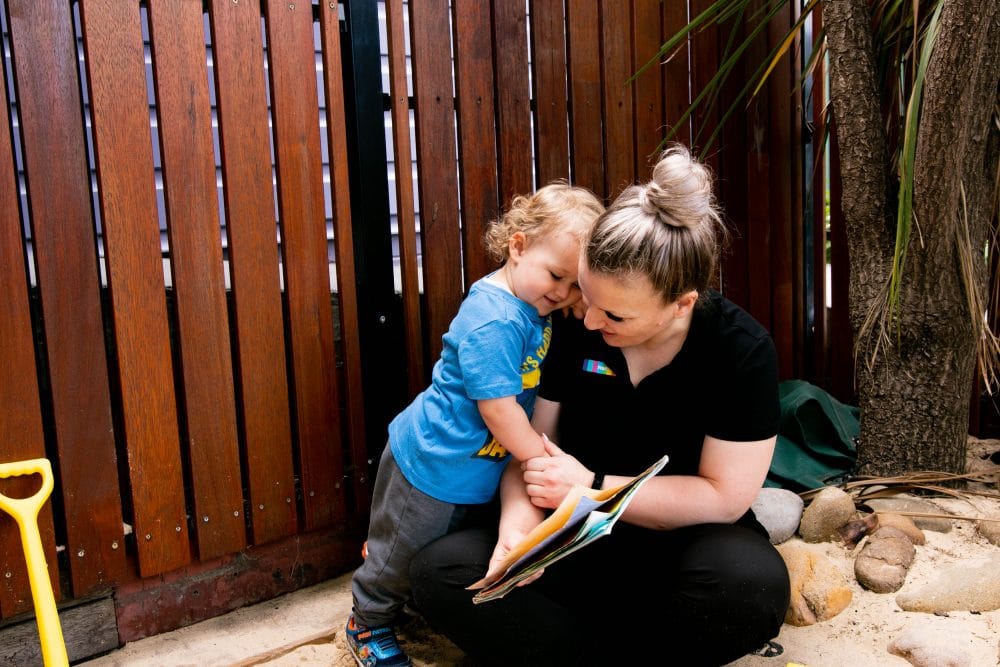Pedagogical Thinker in Residence, Dr Michele Peden, discusses below ways to best support our children in these unprecedented and anxious times and ways to discuss COVID-19 with young people.
COVID-19 has sparked a myriad of emotions and reactions within the community. Anxiety and stress levels within the community are continuing to rise due to the uncertain nature of how this virus is spreading and directly affecting families. Whilst many of us are taking precautions to protect ourselves and the spread of the virus, it is important we support and nurture children’s needs during these emotionally charged times.
Adults play a vital role in sharing accurate, age appropriate information with children to assist in acknowledging and addressing any of their fears and anxieties around the disease. Five suggestions to assist parents/carers to engage children in understanding what the virus is, how to reduce the spread of infection and understand ways to control it. They include;
Communicate the importance of good hygiene
Provide age appropriate guidance on how to correctly cover coughs and sneezes with your elbow and hand washing procedures. Children learn best through play, so singing a song to assist them in washing their hands for 20 seconds is recommended. The use of stories, cartoon based YouTube clips or puppets can also assist in children learning these procedures. Children learn best through verbal guidance, demonstration and practice.
Actively listen to children’s concerns and show empathy
Telling children everything will be okay can cause children’s anxieties to increase. Children are seeking answers to their questions, and adults need to provide them with age appropriate facts, without overwhelming them. Building up children’s knowledge can assist in decreasing anxieties and stress if handled calmly and appropriately. Encourage children to express their feelings, and understand what they look like.
Create predicable routines
Children thrive on predicable routines, as they feel a sense of comfort, security and safety from these. If their routines are interrupted (e.g. no longer attending school, extra curricula activities, viewing stressed parents/carers trying to source food/supplies), their anxieties will increase. If at home, create new predicable routines (meals, sleep times, bath times) to restore that sense of safety and security.
Be calm, reassuring and role model positive language and behaviour
It is natural and normal for adults to feel raised levels of anxieties and stress during such unpredictable times. However, try to avoid expressing your emotional concerns in front of children, monitor your own emotions, and seek assistance if needed. Children observe us for guidance and support (e.g. positive hygiene behaviours)
Look for information from valid and reliable sources
Seek information from the World Health Organisation or Department of Health, and monitor and limit exposure to hyped media reports as these increase levels of stress (for both adults and children). Educate children on the signs and symptoms of COVID-19 and ways to reduce the spread of germs (e.g. stay home if sick, keep things clean, clean hands out of mouth, nose and eyes). Review any COVID-19 resources/information before sharing with children to make certain it is age appropriate.



